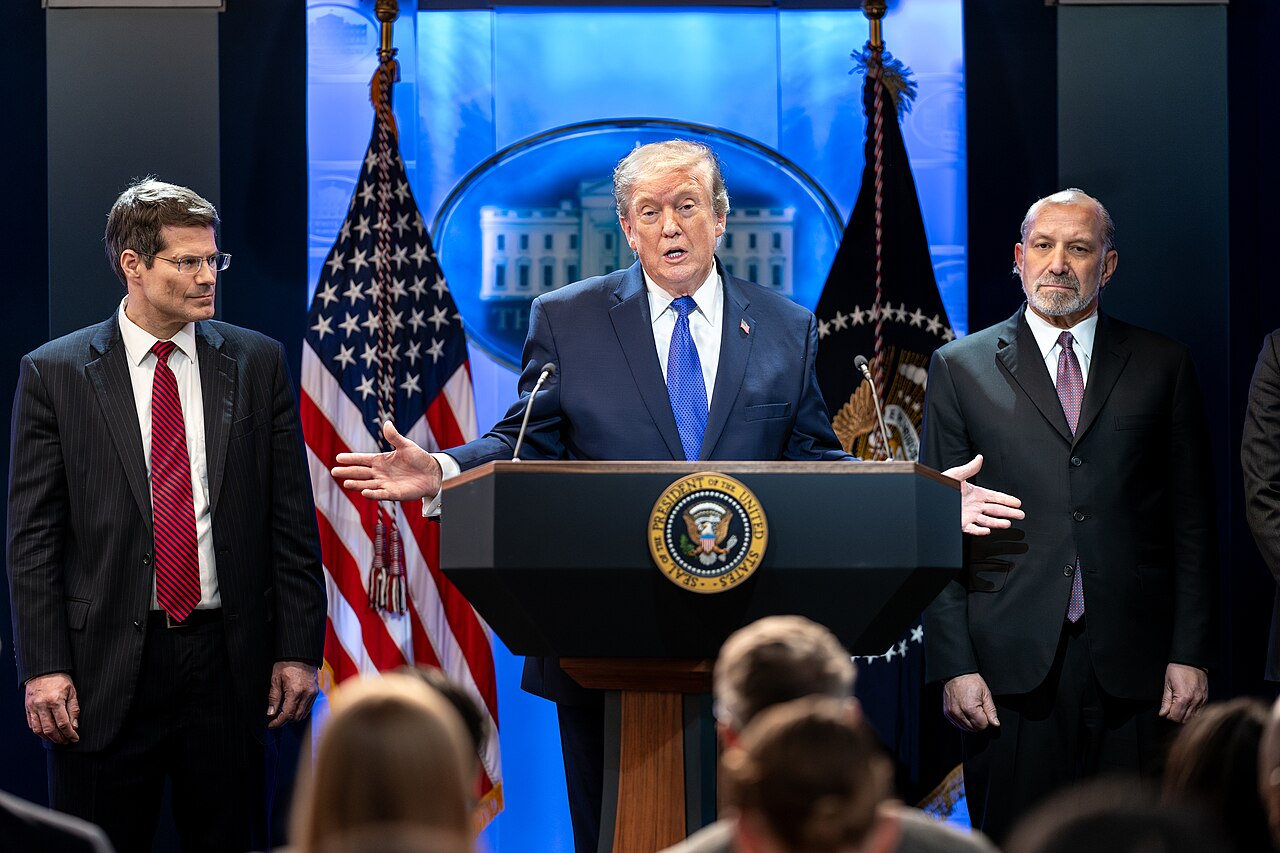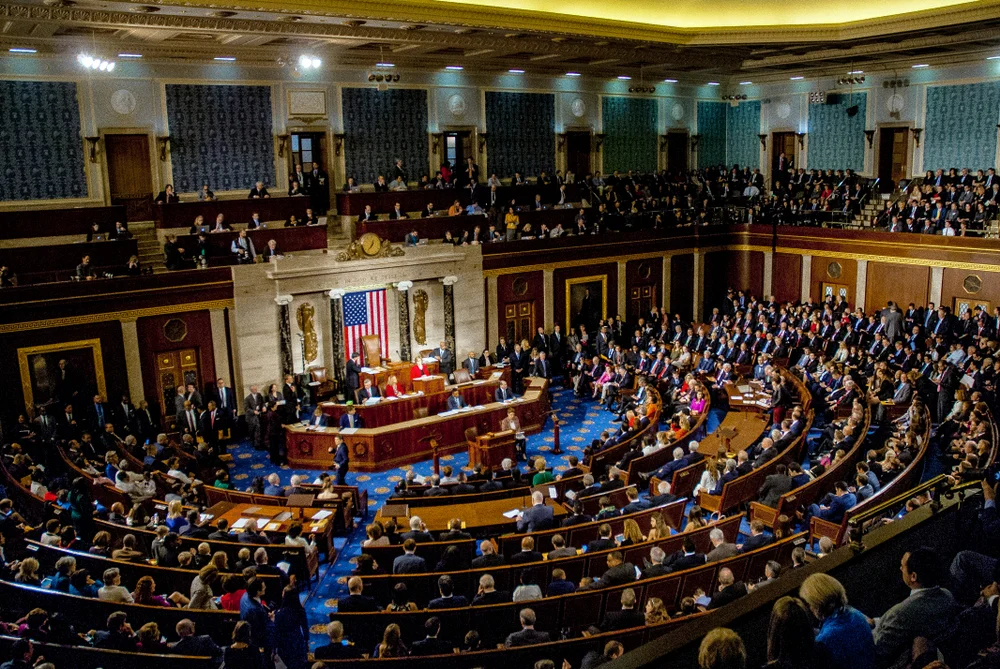WSJ: The Legal Theory Behind Trump’s Plan to Consolidate Power
President Trump is using the popular conservative ideology known as the “unitary executive theory” to give more power to the executive branch. He is using the legal theory to help justify firing thousands of federal workers, dismantling entire agencies like USAID and overseeing what were created as independent regulatory agencies like the FTC and SEC.
WSJ explains the legal theory and why the Supreme Court may allow the expansion of executive power.
Constitutionalism

Amicus Brief: Hon. William P. Barr and Hon. Michael B. Mukasey in Support of Petitioners
Former AGs Barr and Mukasey Cite Civitas in a SCOTUS Brief

Rational Judicial Review: Constitutions as Power-sharing Agreements, Secession, and the Problem of Dred Scott
Judicial review and originalism serve as valuable commitment mechanisms to enforce future compliance with a political bargain.

Supreme Court showdown exposes shaky case against birthright citizenship
Supreme Court will hear challenges to Trump's order ending birthright citizenship, testing the 14th Amendment's guarantee for babies born in America.

Trump’s Tariff Tantrum
Trump leaps from the frying pan into the fire in the aftermath of Learning Resources v. Trump.

The Administrative State’s Sludge
Congress has delegated so much power across so many statutes that it’s hard to find a question of any public importance to which some agency cannot point to policymaking authority.




.avif)








.avif)
.webp)
